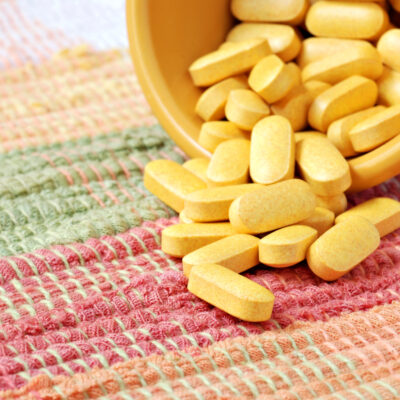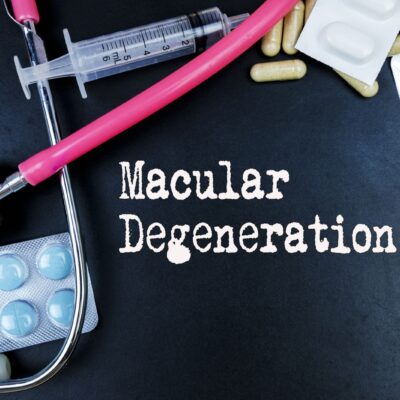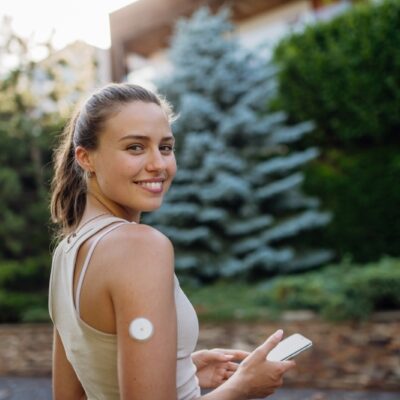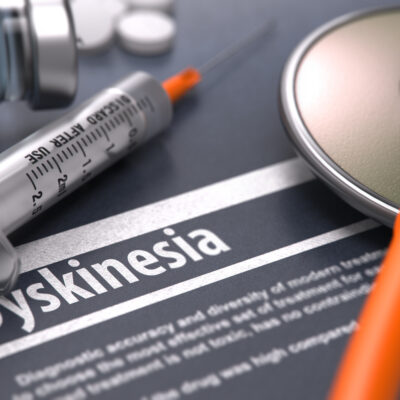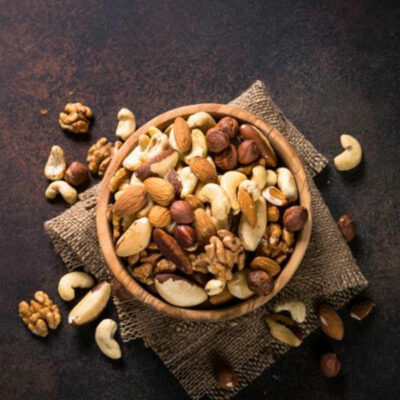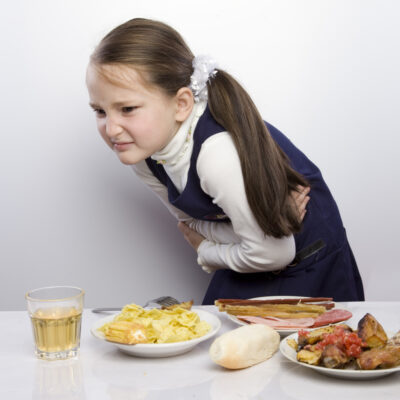
Health
Medication Options for Alcohol and Substance Abuse Treatment
Addiction is a chronic condition that is difficult to treat. Medications are one of the primary treatment options for alcohol and substance abuse. The addicted individual might need to take medications during the recovery process. Or he might need to take the medicines to recover from complications that have arisen from the addiction disorder. Usually, people use medicines at the time of detoxification so that they can better manage their withdrawal symptoms. The medicines that are recommended for treatment options for alcohol and substance abuse are different for each. That is, different medicines are required for treatment of each type of abuse. Medicines for alcohol abuse The following medicines are recommended for alcohol abuse. Campral or Acamprosate helps to reduce withdrawal symptoms associated with alcoholism. It works for long-term symptoms. It can help alleviate problems such as feeling unhappy, inability to sleep, and anxiety disorder. This medicine is recommended for people who are chronically addicted to alcohol. It ensures that the brain does not get too excited when alcohol is consumed and so abstinence is promoted with the help of this medication. Antabuse or Disulfiram works by preventing an enzyme that is responsible for metabolizing alcohol. If the person tries to consume alcohol after taking the medication then he will suffer from certain uncomfortable reactions.
Read More 


